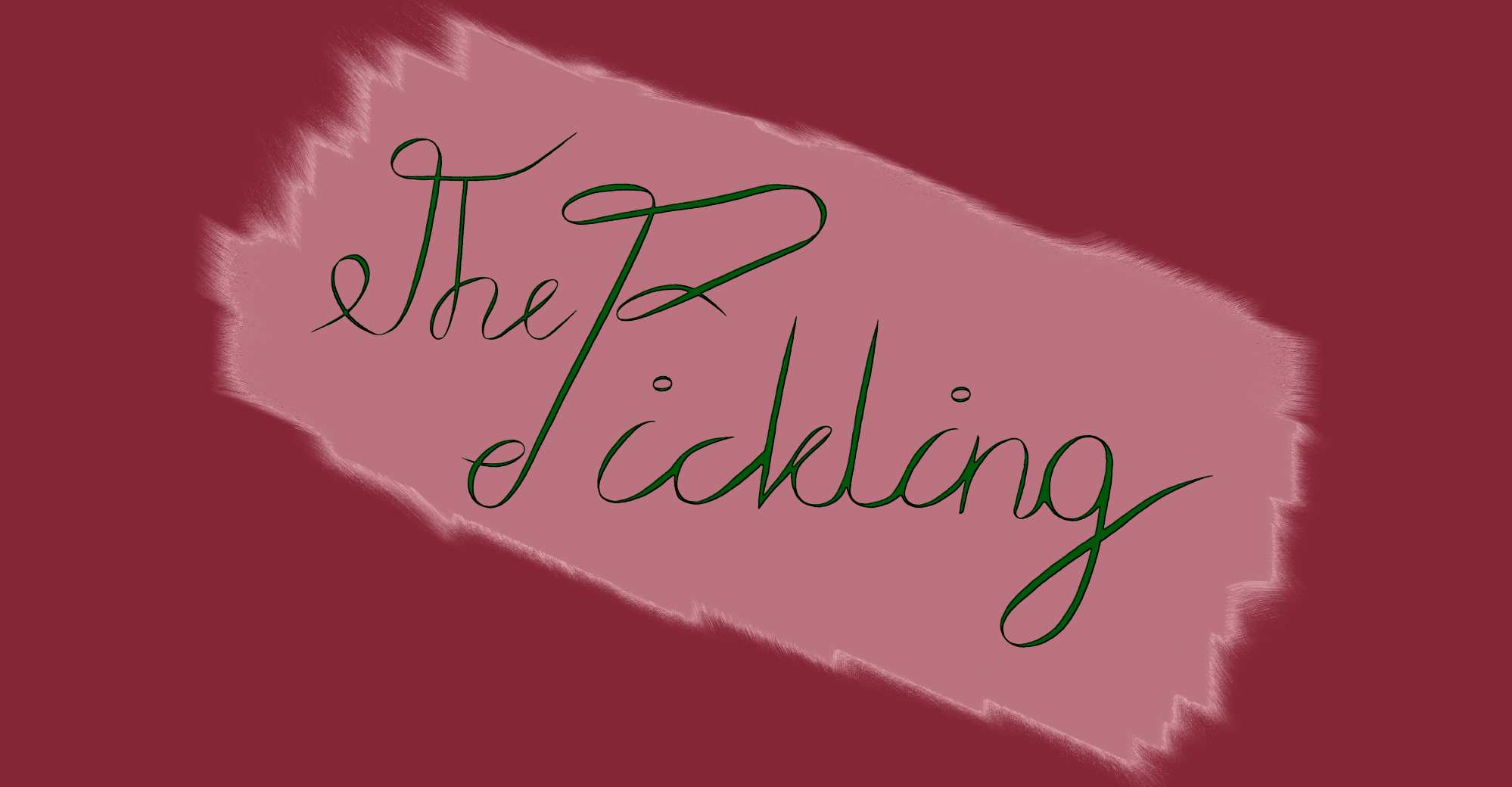My First Attempts at Poetry
A short collection of three poems that I wrote for my university application portfolio.
Before this point, I don't really think I'd ever properly understood the importance of meter; I'd certainly never heard of feet (poetry's version of music's bars) or feminine and masculine endings. I still have a long journey ahead of me to really understand my poetic voice and the 'weight' of the words I choose, but this initial exploration of poetic form is, I think, still worth a little pride.
The Sound of Music
A body's voice still keeps on calling out
Despite the lack of lips to guide it. Sounds
Stolen when sung and played again without
Their context under new controlling hands.
Commentary:
This single quatrain stands halfway between the literal and conceptual – a middle ground between my other two poems. The shortness allowed me to concentrate much more on structural meaning. ‘Sounds’ is separated from it’s sentence to mimic it being ‘Stolen’ – similarly occurring with ‘without’ and ‘Their context’. The poem was inspired by my interest in exploiting the perception of human body. This time I focussed on the dichotomy between conceptual and physical identity (represented by the voice and its lack of body).
Jouissance
‘Pleasure is sneezing after a build-up of your nose itching. Jouissance is cutting yourself with razor blades.’[i]
An operation wells inside your gut
That boils and churns and breathes itself to life,
A sickly threat of mortality
Climbing your throat, that’s easily forgot.
By holding life against its counterpart
We cease to tolerate the joy of breath;
Behind our dreaded bodies' truth of self
The lurid song of life's tied to the heart.
Commentary:
My interest in Lacan’s theory of ‘jouissance’ (and pleasure from breaching your body’s limits) stems from an interest in how perception of the body can be exploited in narratives. This first started when I noticed how horror comics exaggerate facial features, in particular eyes (and more generally building themes of voyeurism) to create tension.
This poem, I think, is difficult to read compared to the others in this portfolio, it’s more abstract and ambiguous in meaning. My use of ‘operation’ for instance, despite taking on a non-surgical definition in context, retains the association with medical procedures. I wanted to accentuate the idea of an uncomfortable invasive force, but a reader may find it a misleading choice. The third line of the poem loses the metre with the feminine ending ‘mortality’, but the following line then compensates with a beginning trochaic foot; the disruption of flow is quite choppy, but it closely relates to mortality’s own disruption.
[i] larvalsubjects (2013) Let’s Talk About Jouissance, Baby! Available at: https://larvalsubjects.wordpress.com/2013/03/27/lets-talk-about-jouissance-baby/ (Accessed: 05/01/24)
From Seed Planted
A tree I planted as a child, transformed
From acorn twenty-five years past, into
This blushing sapling, swelled with buds returned.
Each rosy stub a waiting leaf come through,
Reminds me how fast my own children grew.
And now come Autumn breathing out a chill,
Upon the branches shedding confirmation
Of nearing proud adulthood; Sprawling spill
Covering pavement cracks with projections
Of quick renewal under Spring’s conditions.
Whose bright outlandish kiss again gives breath
To green vitality’s foretold return.
Every branch arisen, each with leaf
To match, passes my tallest child beyond belief.
My eyes with age are long deprived of shine,
My body burnt to ash; replaced with new
Life that runs and giggles ready to climb
Underneath the branches – still watching past my time.
Commentary:
On reflection, this poem unconsciously drew on Phillip Larkin’s style of poetry in The Whitsun Weddings[i], exploring the feelings mundane reality can create. I used Spenserian stanzas (ababbcbcc rhyme scheme, iambic pentameter with a hexametric ninth line) as a flexible guide for the poem’s form, but split a stanza between the beginning and end – a structural comment on continuance. Although the poem tends towards more literal description, Spring’s return is a ‘kiss’. I deviated into metaphorical imagery to create a fast-moving sense of time.
[i] Larkin, P. (1964) The Whitsun Weddings. London: Faber and Faber Limited.
